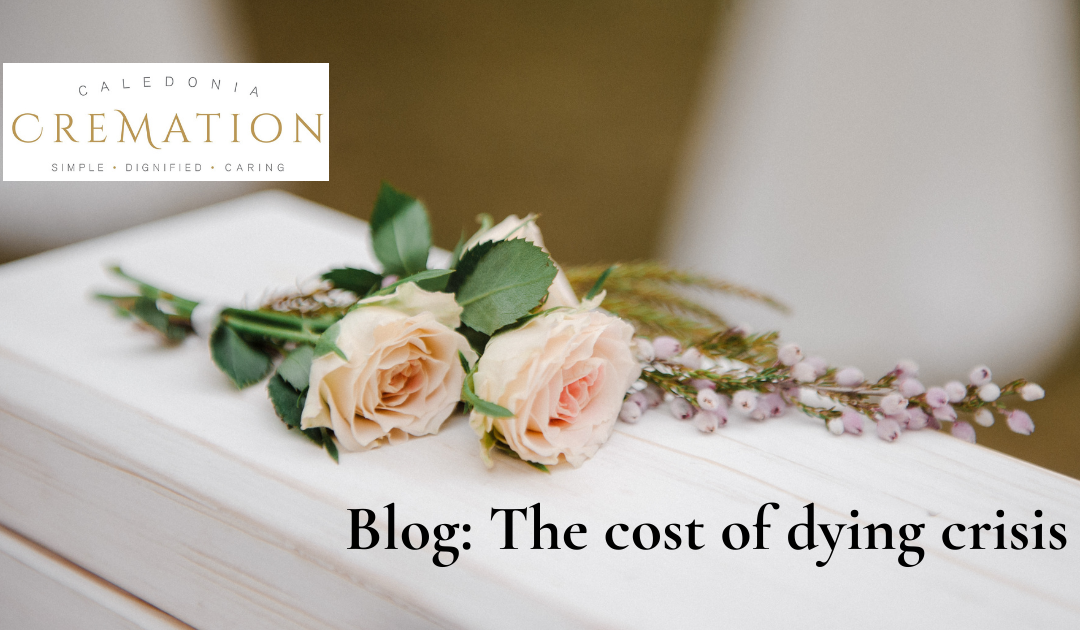The cost-of-living crisis has made many headlines recently. But there was already a cost of dying crisis forcing bereaved families into unmanageable debt and emotional distress. Every day our organisation sees families across Scotland who simply can’t afford to say goodbye. People need to be warned that it is only going to get worse.
On losing his beloved wife, CS Lewis famously reflected on the similarity of the emotions of grief and abject fear. Overwhelming. Incapacitating. Unshakable. While we all experience it differently, times of bereavement are often our hardest days. Yet like so much in society, there is vast inequality. Some people face the trauma of poverty – selling their possessions, begging loans from neighbours, or entering high-interest credit card debt. Death is not, perhaps, the “great leveller” but rather a driver of terrible inequality.
When Emma (not her real name) lost her mother, she did what has been normal for centuries: she popped to the local funeral director. Emma was shocked to be quoted over £3,200 for a simple cremation. Just the deposit needed to discuss the details would be £800.
Like most Scots, Emma only discovered that we are in the midst of the worst ever cost of dying crisis when she was already responsible for arranging a funeral herself. In fact, the average price of a basic funeral – without flowers, food, limo, venue hirer or other extras – is £4056**, that is almost double the price a decade ago*.
Royal London’s Funeral Cost Index Report 2019 found that those in their lowest income bracket spent 65% of their annual income on a funeral, compared to 3% for those in the most affluent income bracket (over £150,000)***. Added to the current cost of living crisis – how can these people realistically cope in 2022?
I know about Emma as she came to Caledonia Cremation, a charity-run funeral directors which is part of Caledonia Funeral Aid. Fortunately, for Emma we were able to both help her without any deposit, and she secured some Government funding for a simpler cremation without the ceremony taking place at the crematorium. This still gave her the chance to say goodbye and scatter the ashes but without the expense.
Sadly, countless others, especially the working poor, are not entitled to the relevant funeral benefits or decide they still need to have a more traditional funeral, despite the cost. Some of these people are then upsold extras by funeral directors under pressure to give their loved one “the send off they deserve”, or worse have huge delays while they find enough money for a deposit. I’ll always remember one orphaned student we worked with when we set up in 2018 whose father was left in a morgue for months because students fall between the cracks of the benefits system. This remains an issue despite the recent introduction of a more generous and better administered Funeral Support Payment from Scottish Government.
Some people in poverty do turn to Local Authority funerals– but the standards vary widely depending on which Local Authority you fall under. For example, a report by Royal London found that 21 local councils do not return ashes to bereaved families after a public health funeral****- Just heart-breaking. I am always desperate to help them better listen to bereaved families in how they approach this mandatory council service. It is hard; but we can do more as a society.
As part of a charity, we can only help a limited number of people with the donations we receive. Our hope long-term is that the increasing regulation of the industry creates a better offer for people facing funeral poverty without inadvertently further driving up prices. But unless there is government subsidy of gas prices or funerals, we fully expect cremation prices to rise steeply next year.
If you are worried for your own cost of dying, then our advice is simple: plan ahead by talking about your funeral wishes with someone now before it is too late. Perhaps over dinner. Perhaps in a letter. Let them know if you want something specific, something elaborate or, like myself, just something low-key and personal.
If you would like to support us as we help those facing funeral poverty then you can do so here.
John Halliday – CEO of the anti-poverty charity Community Renewal Trust and Chair of Caledonia Funeral Aid CIC.
*Sunlife Cost of Dying Report 2012
**Sunlife Cost of Dying 2022 Report Includes that 22% use a credit card to pay for a funeral, 10% borrowed money from a loan provider, 16% sold belongings.
***Royal London National Funeral Cost Index Report 2019
**** Royal London Public Health funeral report 2019





